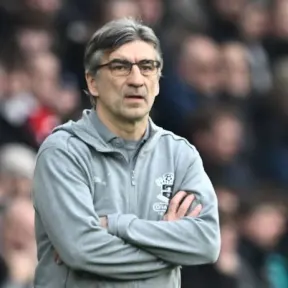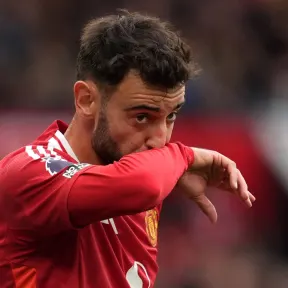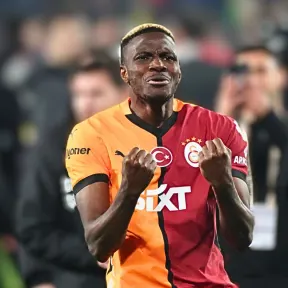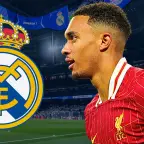Why an NBA rule change could have a SEISMIC impact on football
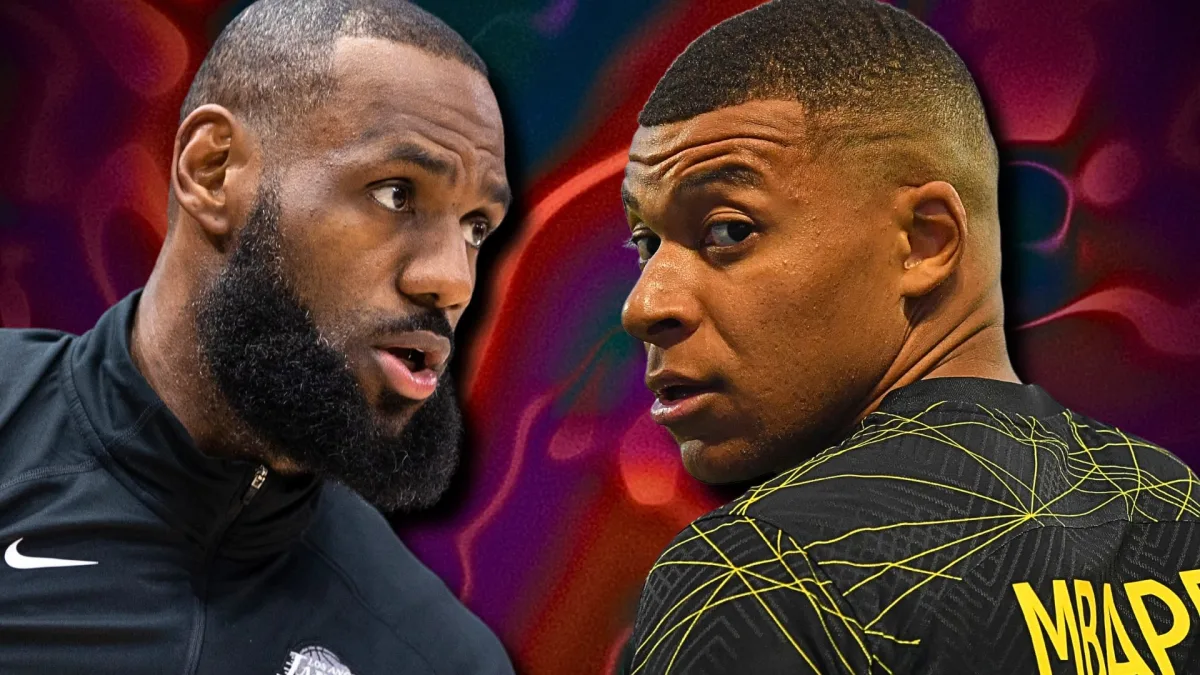
There’s a common complaint from modern footballers that they are asked to play too much. But what if their clubs were punished if they didn’t play?
A development coming in the NBA could be about to set a new precedent which will have an impact on football, should it also be introduced here.
The situation is simple - ESPN pays the NBA a huge amount for broadcasting rights. NBA are looking to secure an even bigger payout in their rights renewal and are acutely aware that if NBA’s All-Stars don’t play, viewing figures suffer.
Therefore in order to provide guarantees to prospective broadcasters, NBA are exploring what they are calling ‘Player Protection Policy’, or PPP. League commissioner Adam Silver stated his belief last month that ‘load management has gone too far’, suggesting that too many players were being rested when they were fit to play.
PPP basically means that if an NBA All-Star is fit, they will be required to play or the franchise will face financial penalties: $100,000 for a first infraction, escalating further up to $1m if players are continually rested.
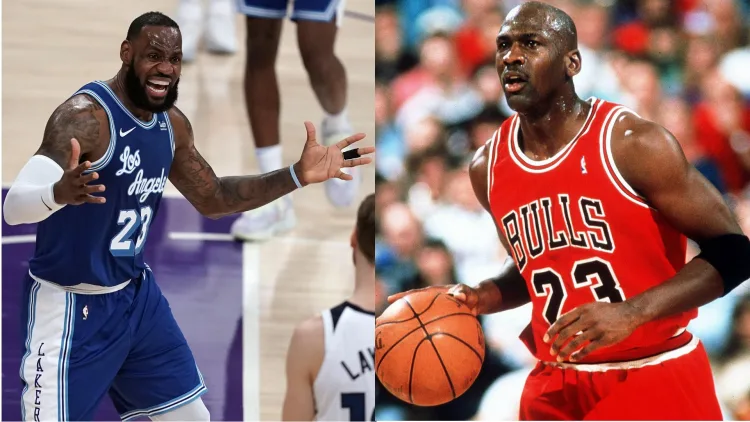
What Silver and the NBA are attempting to do is guarantee to broadcasters that teams and star figures will, quite literally, play the game.
Silver added: “That doesn’t mean we were turning the clock back, that players are expected to play through injuries or that players never need rest. But there’s a statement of a principle in this league that, if you’re a healthy player, you’re going to play.”
It very much represents a gear change and one that could have lasting impacts in football. A number of major leagues are facing challenging broadcast renewals. Serie A and Ligue 1 have set themselves ambitious targets, while the Premier League are going to have to provide up to 20% more televised matches in order to secure an increase in their deal.
In order to ensure they get the money they want, broadcasters may look at what the NBA is doing and ask for something similar.
Lionel Messi’s example at Inter Miami is the most high-profile of the moment; Apple TV picked up their biggest ever subscription boost when he joined, but he’s now been injured for a month and broadcast figures have plummeted, while some opposing teams are offering ticket refunds because Messi won’t be playing.
Lionel Messi's Market Value
Messi is an extreme example, but it’s obvious that some stars are box office and some aren’t, and could skew viewing figures. Football has a major problem in terms of competing interests; UEFA, FIFA, domestic leagues and even domestic cups all want the big teams and the big players featuring, and the calendar is rapidly filling.
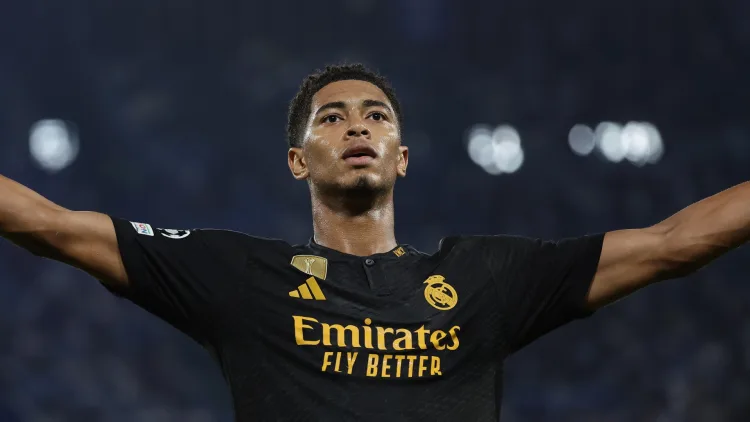
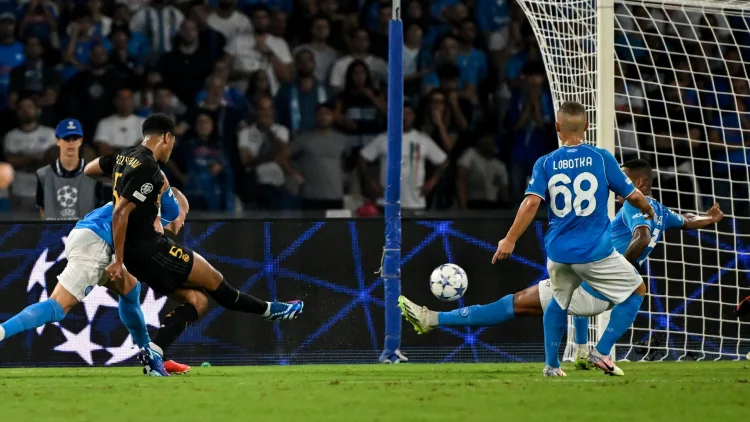
The revamped Champions League in 2024 adds a minimum of two additional group stage matches, and potentially an additional knockout phase. That’s a minimum of 15 games to win the competition.
Add in 38 league games, cup ties, World Cup qualifying and international friendlies and the demands are, quite understandably, of real concern to the players and organisations such as FIFPro.
But European football in particular is at a tipping point. Sponsorship revenue has flatlined, while matchday revenue for most has reached a plateau and would struggle to be increased without causing real issues with fans.
As a result, broadcast revenue is the only viable area that is able to see a marked increase - which means leagues will be keen to please as many potential bidders as possible.
NBA tipping point
But it will reach a tipping point. The NBA may have more matches but the playing area is smaller and is far more stop-start than football. In the current environment Jude Bellingham, arguably the best player in the world at this given moment, has played more minutes at 20 years old than any of his contemporaries.
Rather than young players being introduced in a measured fashion, the desire seems to be to extract every piece of value from them, at the expense of their longevity. Beware - the NBA might end up being used as a template - and the game itself might suffer.

